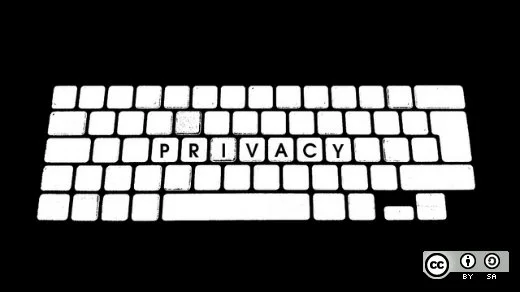IT-mandated password policies seem like a good idea—after all, what are the chances that an attacker will guess your exact passcode out of the 782 million potential combinations in an eight-character string with at least one upper-case letter, one lower-case letter, two numerals, and one symbol?
Those odds are not in your favor because most IT password policies don't consider how people select and use passwords in the real world, says Kyle Rankin, chief security officer at Purism and author of Linux Hardening in Hostile Networks. Password polices don't work because hackers do consider how people think.
Watch Kyle's Lightning Talk, "Sex, Secret, and God: A Brief History of Bad Passwords," from the 16th annual Southern California Linux Expo (SCALE) to learn the history of bad passcode policies and what we must do instead to secure our data.
During the UpSCALE Lightning Talks hosted by Opensource.com at the 16th annual Southern California Linux Expo (SCALE) in March 2018, eight presenters shared quick takes on interesting open source topics, projects, and ideas. Watch all of the UpSCALE Lightning Talks on the Opensource.com YouTube channel.







9 Comments